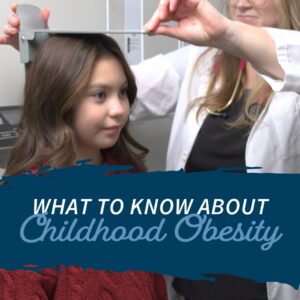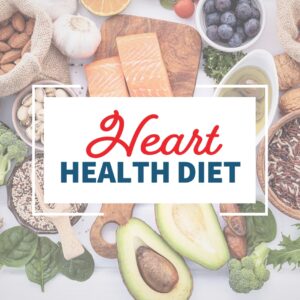5 Common Myths About Cholesterol, Debunked
Cholesterol is a naturally occurring, fatlike substance that is essential for our body to function properly. However, cholesterol has been the subject of much confusion and misinformation over the years. Read on to uncover the facts and debunk five common myths surrounding cholesterol.
Myth: All cholesterol is bad for you
Not all cholesterol is bad. The human body needs cholesterol to produce hormones and vitamin D, aid in the development of protective cell membranes and support healthy digestion. There are two main types of cholesterol, low-density lipoprotein, or LDL, and high-density lipoprotein, or HDL. LDL cholesterol is often referred to as “bad cholesterol,” as high levels of LDL can contribute to heart disease. On the other hand, HDL cholesterol is considered good, as it helps remove excess cholesterol from the bloodstream.
Myth: Eating cholesterol-rich foods raises your blood cholesterol levels
While it is true that some foods contain cholesterol, research shows that dietary cholesterol has a minimal impact on blood cholesterol levels for most people. However, foods that are high in trans fats and saturated fats are far more likely to raise blood cholesterol than other food groups. These include fast food, processed meats and full-fat dairy products. Rather than avoiding cholesterol-rich foods altogether, focusing on eating a balanced diet is the most beneficial long-term strategy for maintaining your overall health.
Myth: Exercise has no significant impact on cholesterol levels
Regular physical activity can positively affect cholesterol levels. Aerobic exercises like walking, running or swimming can increase HDL cholesterol while reducing LDL cholesterol levels. Additionally, regular exercise contributes to overall heart health by reducing the risk of cardiovascular diseases and strengthening cardiac muscles.
Myth: Medications are the only way to control high cholesterol
While some individuals may require medication to manage their cholesterol levels effectively, lifestyle changes play a crucial role in maintaining optimal cholesterol levels. Lifestyle choices such as eating a balanced diet, exercising regularly, maintaining a healthy weight and avoiding smoking can significantly improve cholesterol levels without the need for medication. However, it is recommended to consult a healthcare provider to determine the best course of action before making any significant changes to your lifestyle or medication.
Myth: High cholesterol affects only older individuals
High cholesterol can affect people of all ages, including children and young adults. Unhealthy eating habits, sedentary lifestyles and genetic factors can contribute to elevated cholesterol levels at any age. Monitoring cholesterol levels regularly and adopting healthy habits early on can help prevent long-term health complications.
Prioritize your heart health today and visit Midwest Express Clinic for a routine wellness exam, offered seven days a week at all clinic locations. To find a clinic nearest you, visit midwestexpressclinic.com/locations




